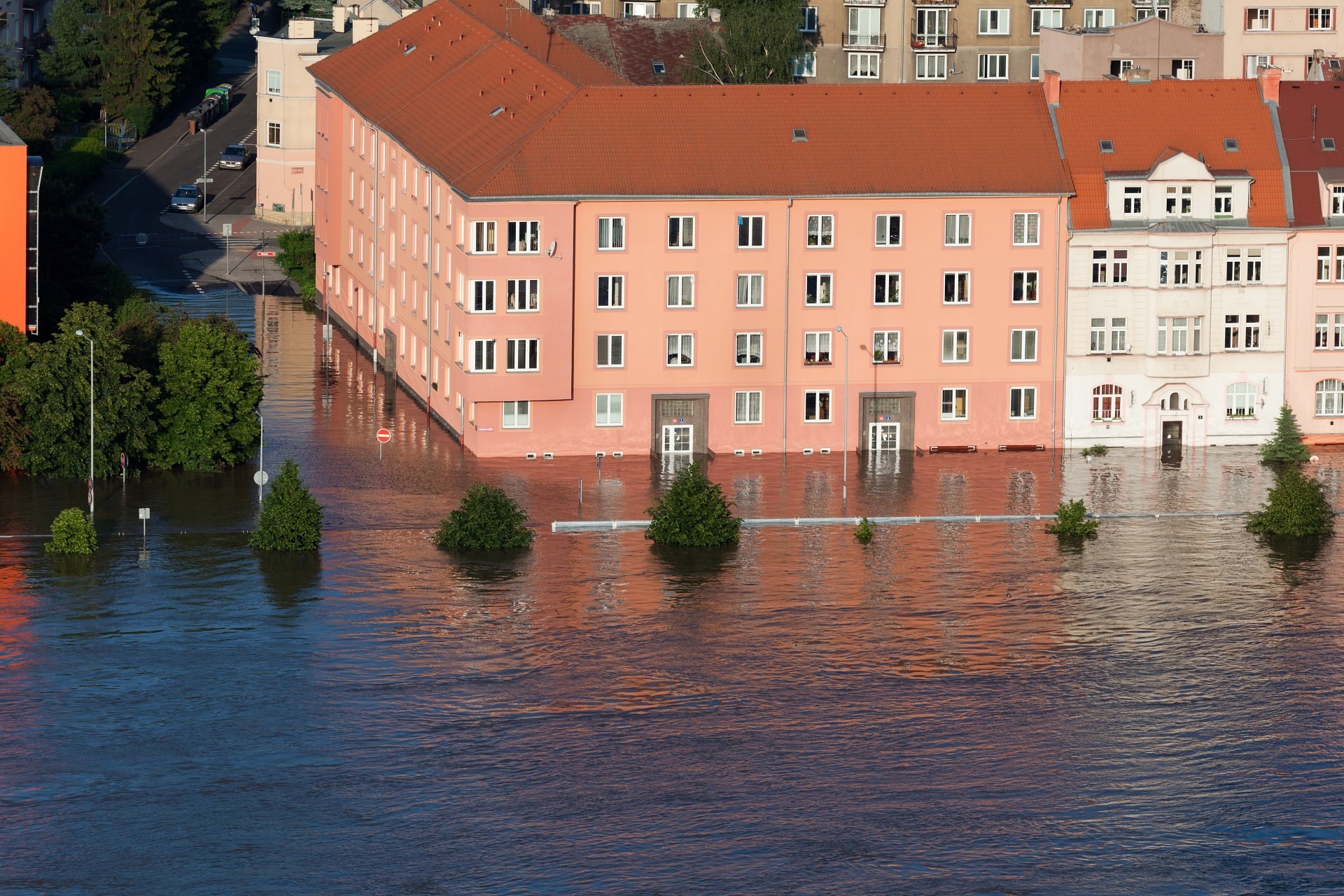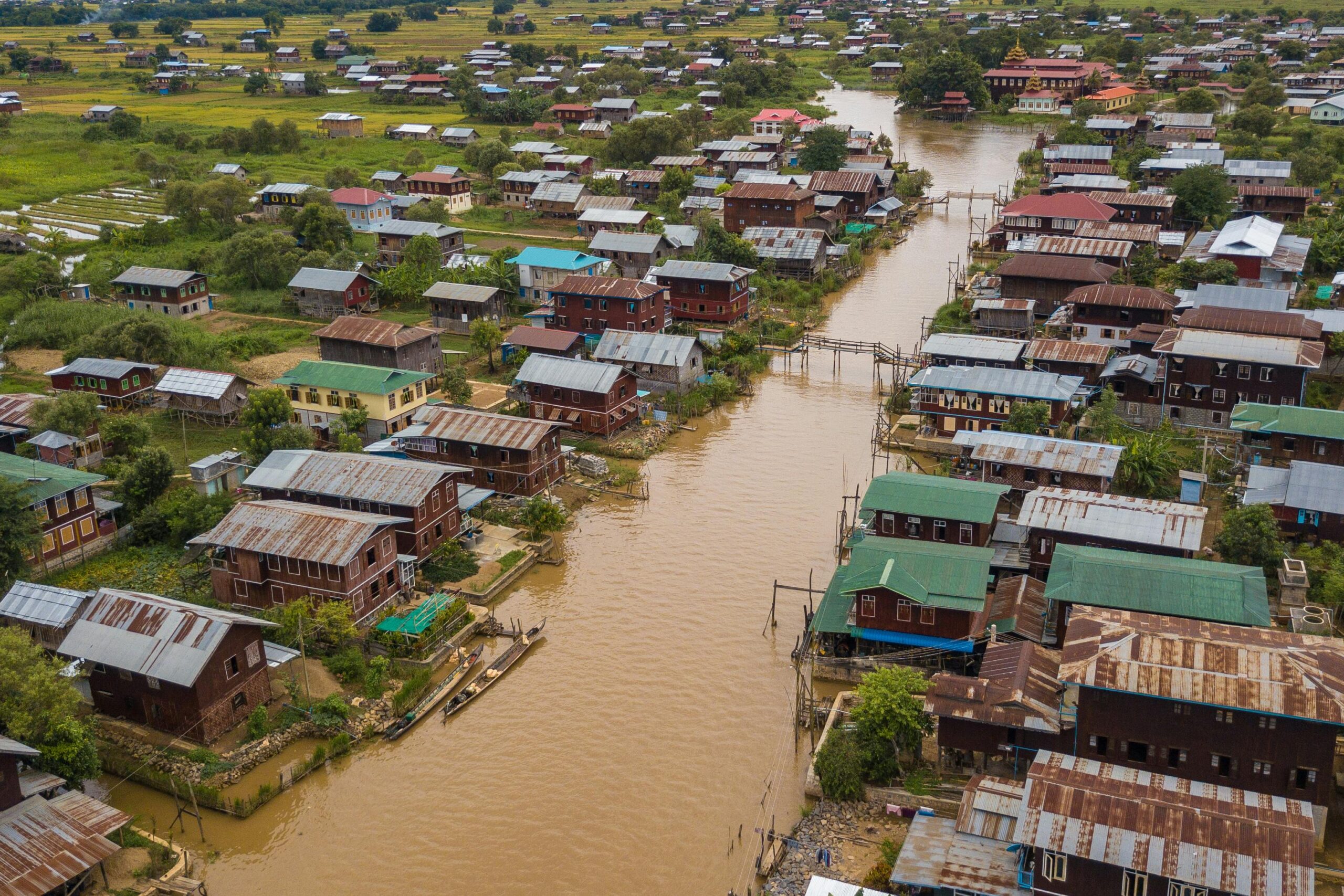With Nigeria’s rainy season in full swing, protecting your home from flash flooding is imperative, especially for those living in bungalows or on the ground floor.
[ad]
Flash floods, which sometimes flow into interior spaces, can cause significant damage. Although weather forecasts often predict heavy rainfall, it can quickly escalate, leading to interior damage.
Thankfully, there are several measures you can take to minimise risks and safeguard your home and precious belongings. One effective way of doing this is to season-proof your space with interior decor items designed specifically for the season.
READ ALSO: Floods ravage 33 communities in North, destroy 4,167 houses, farmlands
[ad]
While not having season-proof can be a real pain, you can proactively prepare for the rainy season by ensuring that all items susceptible to water damage are securely stored in safe places.

Here are some proactive measures you can take to reduce the risk of interior flooding and protect your home during Nigeria’s rainy season:
1. Weatherproof your interior
Invest in water-resistant carpets, furniture, and wall designs. These items are specifically designed to withstand water damage and can be a worthwhile investment during the rainy season.
[ad]
2. Elevate your valuables
For those unable to invest in weatherproof items, a practical approach is to elevate belongings that could be damaged by water. Ensure that valuable items, electronics, and important documents are stored high off the floor.

3. Seal vulnerable areas
Inspect your home for vulnerable points such as doorways, windows, and cracks in the walls where water could seep in. Use weather stripping, sealants, and other waterproofing materials to effectively seal these areas.
READ ALSO: Kenya floods death toll tops 200 as cyclone approaches
4. Maintain drainage systems
Ensure that your home’s drainage systems are clear and functioning properly. Regularly clean gutters, downspouts, and drainage ditches to prevent blockages that could allow water to enter your home.

[ad]
5. Create barriers
Use sandbags or flood barriers around your home’s perimeter to create a physical barrier against incoming water. This can be particularly effective during heavy downpours.
6. Stay informed
Keep an eye on weather forecasts and stay informed about potential heavy rains and flood warnings. Being aware of the weather can help you take timely action to protect your home.
[ad]








